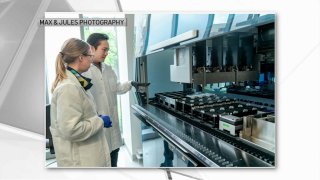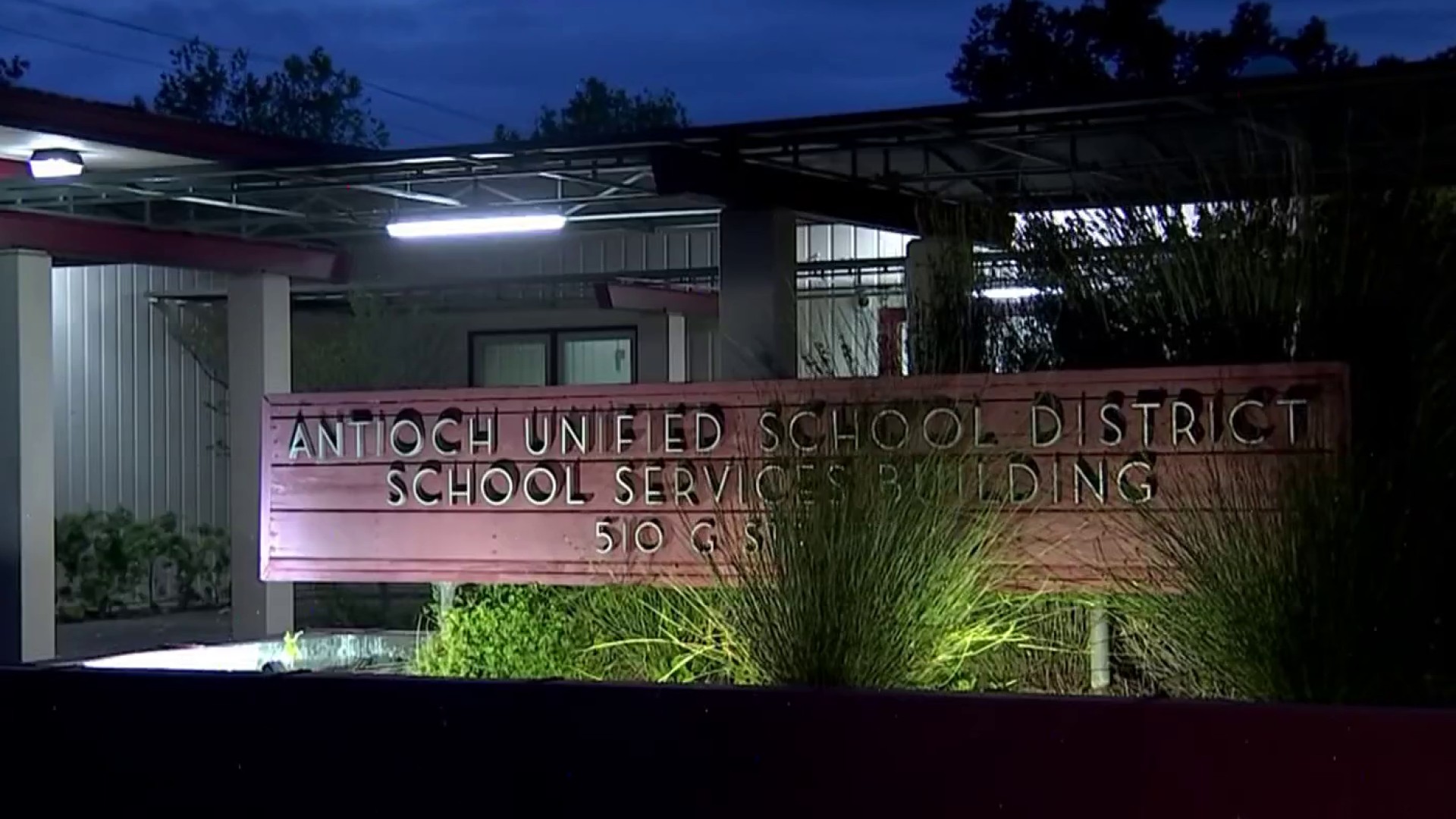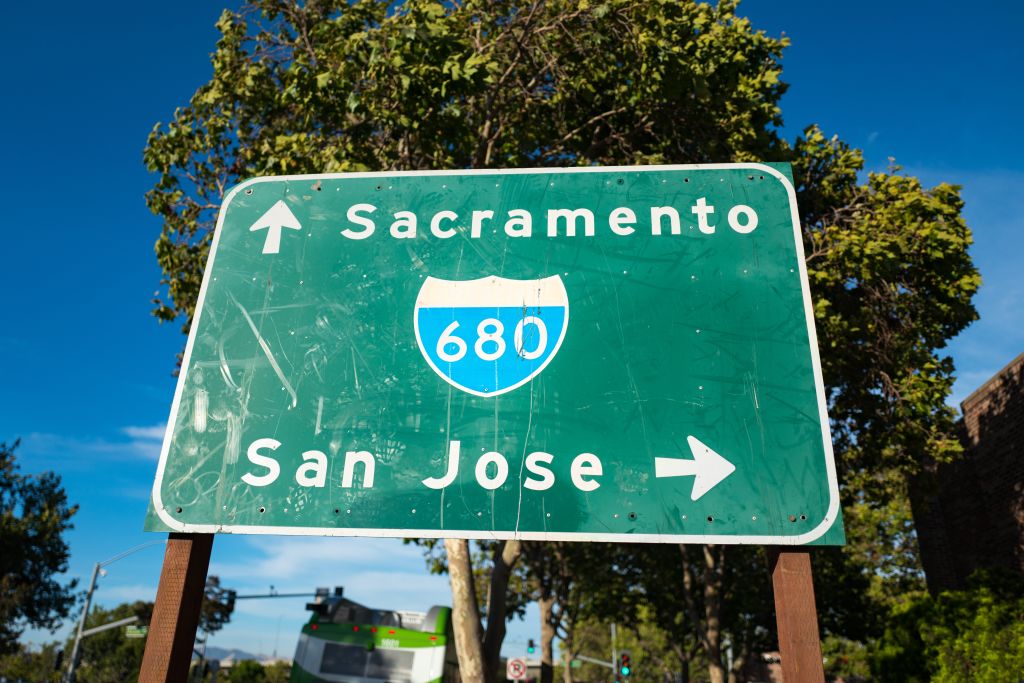
The University of California at Berkeley said Monday that its Innovative Genomics Institute is creating a pop-up novel coronavirus diagnostic lab with the capacity to process more than 1,000 patient samples per day.
More than 50 volunteer scientists from UC Berkeley, UC San Francisco and UC's local corporate partners are launching the lab to bolster the Bay Area's coronavirus testing capacity outside of local public health departments.
The scientists hope the lab's robotic and analytical equipment can analyze patient nasopharyngeal swabs in less than 24 hours.
The lab will begin testing viral samples this week with the goal of being accredited by the federal Clinical Laboratory Improvement Amendments program by next week. The lab will begin testing samples from UC Berkeley students, staff and faculty, with plans to eventually assist other testing centers in the East Bay.
"We mobilized a team of talented academic scientists, partnered with experts from companies and pulled together, in a matter of a few days, a group that is operating like a biotech company," said Jennifer Doudna, a UC Berkeley professor of chemistry and molecular and cell biology and executive director of the IGI.
The lab will use testing methods approved by the U.S. Food and Drug Administration but with a higher efficiency than some commercial labs.
The IGI lab will be able to test more than 300 samples at once. If needed, the lab can accommodate up to 3,000 tests per day, according to UC Berkeley.
Local
Test turnaround in the Bay Area has, in some cases, taken a week or more for commercial labs due to a dearth of test kits and changing guidelines on who can be tested and when. Public health officials have stressed the need for large-scale testing to prevent the virus' spread and to know who is and isn't infected.
"There are other aspects of broader testing that would be so clinically powerful," said UC Berkeley University Health Services Assistant Vice Chancellor Guy Nicolette. "We could make better decisions about health, about work, about possibly how long we need to continue to socially distance, based on what we find."
The IGI has also pledged to make its coronavirus testing technology royalty-free, in hopes of increasing testing exponentially.
More information about the IGI can be found at innovativegenomics.org.



